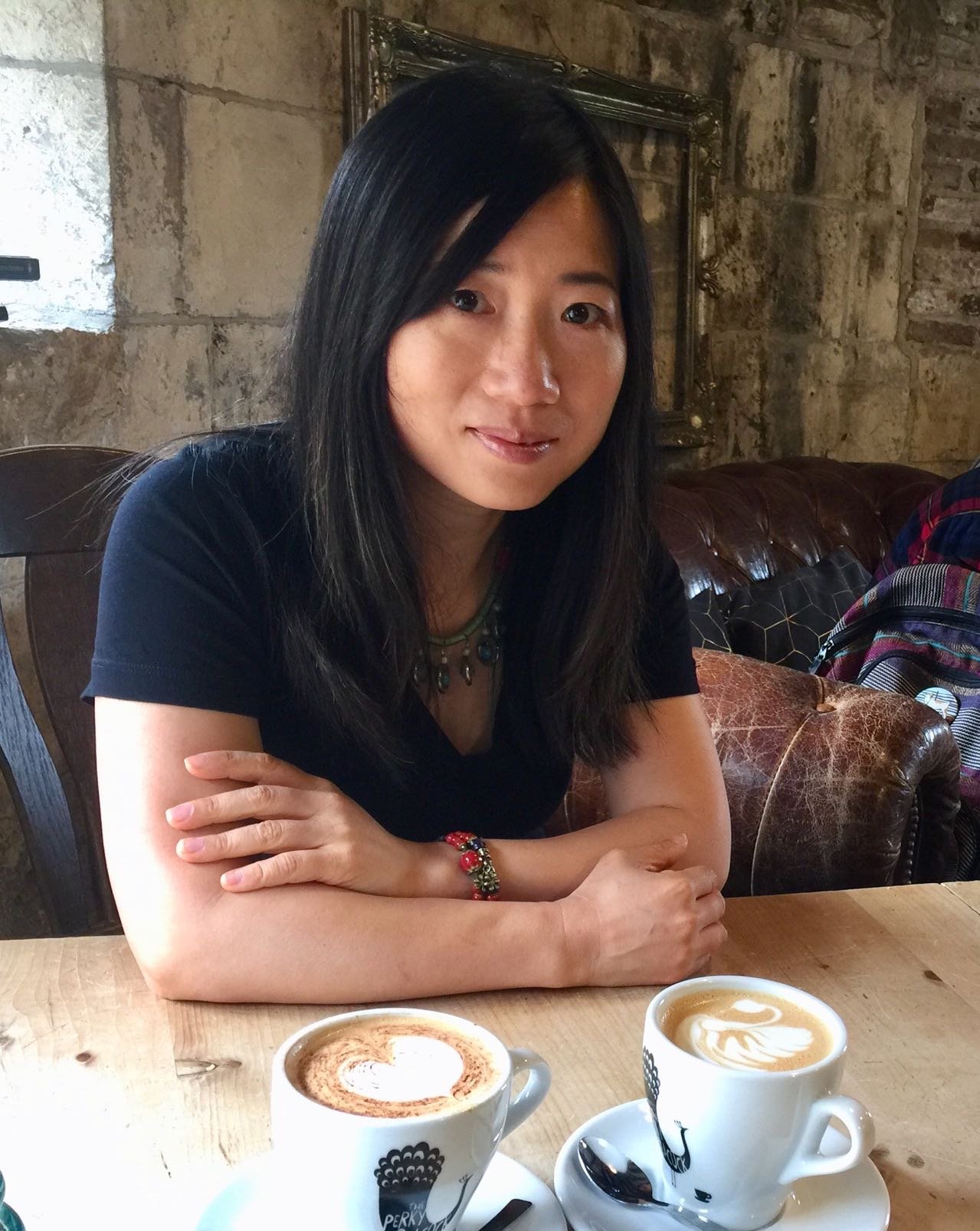Fan Wu 吴帆
Author, San Jose | 作家,圣何塞
Many years ago, I came to the US as a graduate student at Stanford University. My English was so poor then that I could barely converse with my classmates. Three months into my academic life, packed with endless readings and worries, I dreamt one night of my popo (grandma). She had helped my parents raise me and my brothers on a state-run farm in southern China. After I woke up, it struck me that popo had spoken English to me in my dream. She asked how I was doing and said she missed me. This dream made me feel happy and sad at the same time: happy because English had finally entered my subconscious world after all of my hard work in learning the language; sad because popo had not talked to me in her kejia dialect.
I cried after I woke up from the dream. I was homesick. I was uncertain about my future in a country where I was all alone.
Fast forward to now, I am a writer who writes in both my mother tongue and my adopted language, and I often translate between the two. Sometimes they fight, and some other times they compliment each other. To me, Language is not merely a tool, but a way of thinking, a mindset laden with history and cultural values.
多年前,我离开中国的家人到斯坦福大学来读研究生。那时我的英语口语差到无法和同学进行深入交流。三个月过去了,我的很多日日夜夜都是在焦虑和无止境的勤奋阅读中度过的。有一天晚上我梦见了曾帮助我父母养育我和我的哥哥们的婆婆。梦醒后,我突然想起婆婆在梦里用英语和我对话。她问我过得怎么样,说她很想我。这个梦让我既高兴又难过:高兴是因为我的努力终于有了收获,英语进入了我的潜意识;伤心则是因为婆婆居然没有说我从小听惯了的客家方言。
我从梦中醒来后哭了。这是我来美国后第一次想家,第一次意识到在这个陌生的国度,我孤身一人,不知道未来何去何从。
时光推进到现在,我是一名同时使用母语和我的第二语言写作的作家,并经常在这两种语言之间进行翻译。有时它们发生冲突,有时他们互补。对我而言,语言不仅仅是一种工具,而是一种思维方式,一种承载着历史和文化价值观的心态。

